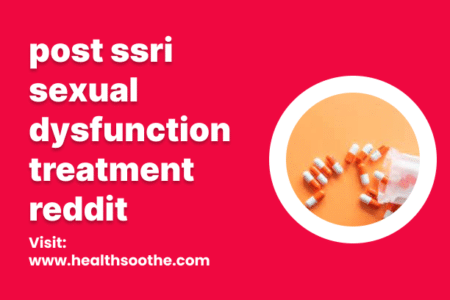It can feel a little unsettling when you’re uneasily sitting opposite your doctor, vulnerably discussing the symptoms that have recently been troubling you, when the doctor opens their notebook midway through your sentence and mysteriously jots something down.
Fear not; these secret written notes aren’t a personal attack or a sign that your doctor isn’t appropriately attentive but a critical part of your medical care. Let’s jump into the mysterious world of the doctor’s notes and understand what they entail.
1. Medical History
Doctors document your medical history as one of the most critical and prevalent things. Doctors must understand your medical history to accurately assess your ongoing health concerns and make informed decisions about your forthcoming treatment plan.
These notes usually include previous illnesses, medications, surgeries, and historical family health issues.
2. The Collaborative Effort of Medical Scribes
Healthcare is a fast-changing, dynamic environment, meaning doctors aren’t always capable of picking up every detail about your appointment. So, sometimes, a medical scribe will assist the doctor and ensure that all documentation and note-taking are as accurate and thorough as possible.
Medical scribes are trained to efficiently capture patient encounters instantaneously, enabling the doctor to concentrate entirely on you and fundamentally improving the quality of the overall patient care experience.
Companies like Scribe-X take a unique approach to medical scribing, whereby scribes receive a high level of training, document the entire patient encounter and sometimes work remotely, so you might not always notice their hidden contributions towards maintaining your health.
3. Physical Examination Findings
Physical examination evaluates objective anatomic findings using observation, palpitation, percussion, and auscultation.
Your doctor will conduct a physical examination during the appointment to assess your overall health. They will record blood pressure, heart rate, temperature, and relevant physical observations. These notes provide valuable information about your health status and help track changes.
4. Presenting Complaints
While physical observations are essential, the doctor needs more data to diagnose a patient accurately. Research suggests that physical observations should only represent 20% of the data necessary to understand the health issue.
So, doctors must document your reason for visiting and the specific complaints you raised, often called the “chief complaint.” Chief complaints might be the symptoms you are enduring, worries about your health, or follow-up from a previous appointment.
It’s important to have a record of this to refer to at later dates to help advise decision-making if symptoms continue or worsen. Sometimes, your symptoms and complaints won’t initially be reflected during physical examinations but may help fully understand your health later.
5. Diagnostic Testing and Results
Suppose diagnostic tests are necessary during your appointment. In that case, you document the tests performed on you and their results – it would be useless for a doctor to conduct diagnostic testing and not record the results, after all.
The notes generally consist of blood test results and imaging studies, amongst other diagnostic procedures, helping the doctor keep track of your condition’s progress and guide further treatment decisions.
6. Treatment Plan
So, your doctor and medical scribe have listened to and documented your medical history, complaints, and test results; now it’s time for them to piece the information together to produce an accurate diagnosis and treatment plan.
Notes taken from the treatment plan will include medications prescribed, referrals to specialists, lifestyle recommendations, or follow-up appointments. These notes provide a roadmap for ongoing care and ensure continuity between visits.
7. Patient Education
The dialogue between you and your doctor shouldn’t just serve as an educational experience for your doctor, but you should be able to learn about your health, too. A doctor will document the education and guidance they offered during a given appointment, including the information transfer about your condition, future treatment options, potential medication side effects, and how you may or may not be able to combat health conditions.
Notes fashioned during your education of diagnosis or symptoms help ensure that doctors thoroughly and thoughtfully empower you to take an active role in improving your health and are fully aware of any future implications.
Conclusion
While it might feel uncomfortable to the untrained to see a doctor frantically scribbling or typing away during your appointment, note-taking plays a crucial role in your healthcare journey.
Notetaking isn’t designed to be secretive or exclusive to the doctor, so next time you’re midway through an appointment, feel free to ask what is being written down.





